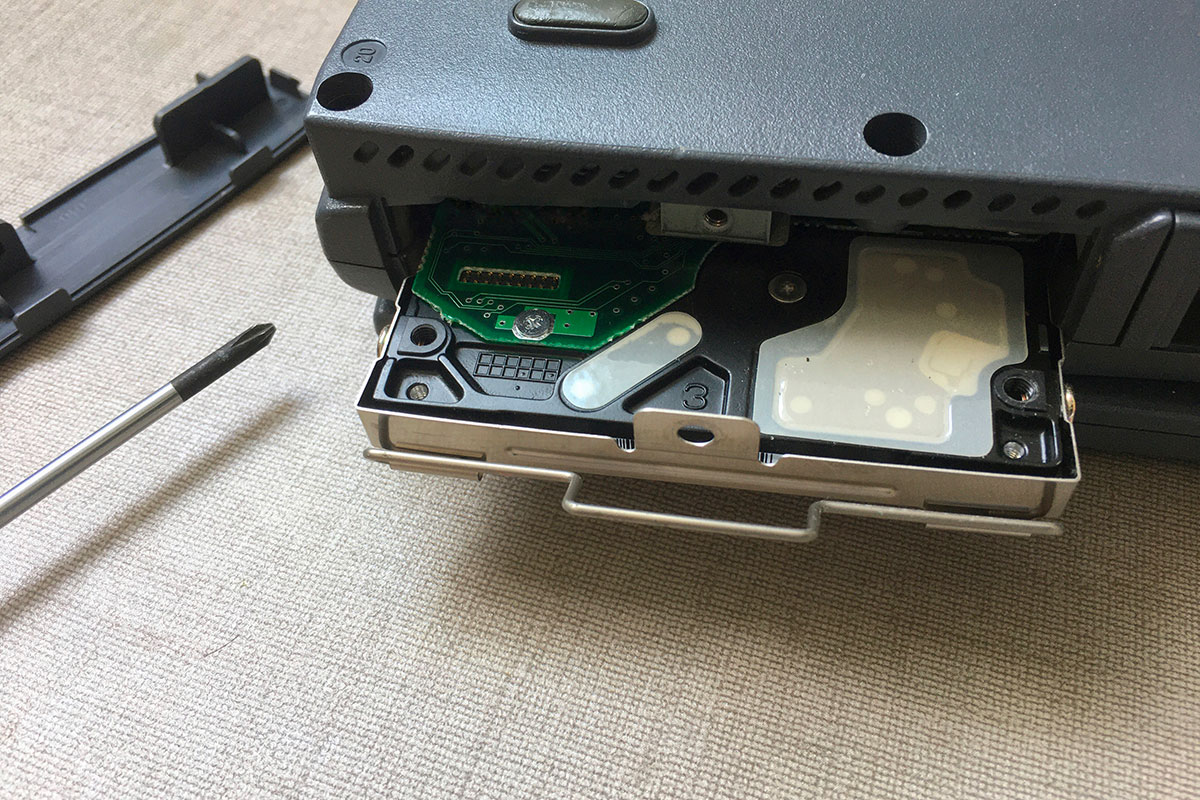In today’s tech-driven world, making sure your gear is the real deal is more important than ever. Recently, one eye-opening case showed just how easy it is for unsuspecting buyers to get tricked by counterfeit external hard drives. This case reminds us all to keep our eyes peeled when buying any tech gadgets.
A shady find
One user made a startling discovery with a supposed 1 TB external hard drive they bought three years ago. Instead of getting a proper storage device, the user ended up with a cheap memory chip stuck inside and held together with hot glue. To make matters worse, the scammer even added a metal weight to mimic the heft of a genuine hard drive. (This wasn’t just a slip-up in production—this was a deliberate scam, hinting that these kinds of swindles might be more common than you’d think.)
The fake drive was missing key parts like the magnetic platter and the read/write arm that you’d normally see in a genuine device. Instead, some counterfeit parts were simply hooked up to a USB port, giving off an illusion of authenticity. This incident fits into a larger pattern where scammers play off consumer trust by peddling altered products that look legit at first glance.
China Just Discovered One of the Largest Uranium Deposits in the World—Here’s What It Means
How the scam works
The scam involves buying genuine hard drives and then swapping out their internal parts with counterfeit ones. These tampered products are then sent back for refunds on platforms like Amazon (which, at times, don’t thoroughly check the returned items). As a result, these bogus products end up back on the market and sold to unsuspecting customers.
This trick takes advantage of gaps in return policies and quality checks, letting scammers make money off buyers who aren’t paying close attention. Because the fake modifications aren’t obvious at first glance, it’s hard for most people to spot the scam until they actually test the product.
Spotting a fake drive
To figure out if a hard drive is the real deal, you’ll need to go beyond a quick look. Tools like CrystalDiskInfo and Blackmagic Disk Speed Test can help you check things like storage capacity and read/write speeds. (In many cases, counterfeit drives will show significantly lower storage and lag in performance compared to authentic ones.)
It’s a good idea to test any new tech gear right when you get it—even if it seems to work fine at first—to catch any issues early on. This way, you can act fast if something seems off.
Playing it smart as a consumer
If you’re planning to buy an external hard drive or any tech gadget, you really need to stay on your toes. Choosing reputable sellers (even if it means paying a bit extra) is a smart move to ensure you’re getting the real article. Also, checking the performance of any new, low-priced tech can help you dodge scams like this.
Online spaces like Reddit have turned into hubs where people swap stories about these scams, underlining the importance of keeping informed and sharing tips among consumers. (When everyone keeps each other in the loop, it becomes harder for scammers to get away with their tricks.)
This incident, reported on May 30, 2025, is a clear reminder of the hazards in today’s digital marketplace. As tech keeps evolving, so do the tactics scammers use to take advantage of it. For anyone buying tech gear, staying informed and careful is your best bet against falling for these deceptions.
In the end, this case stresses the need for better verification measures on platforms like Amazon and more consumer know-how on spotting counterfeit products. As we navigate this digital world, keeping a close eye on our purchases is key to protecting our tech investments.








